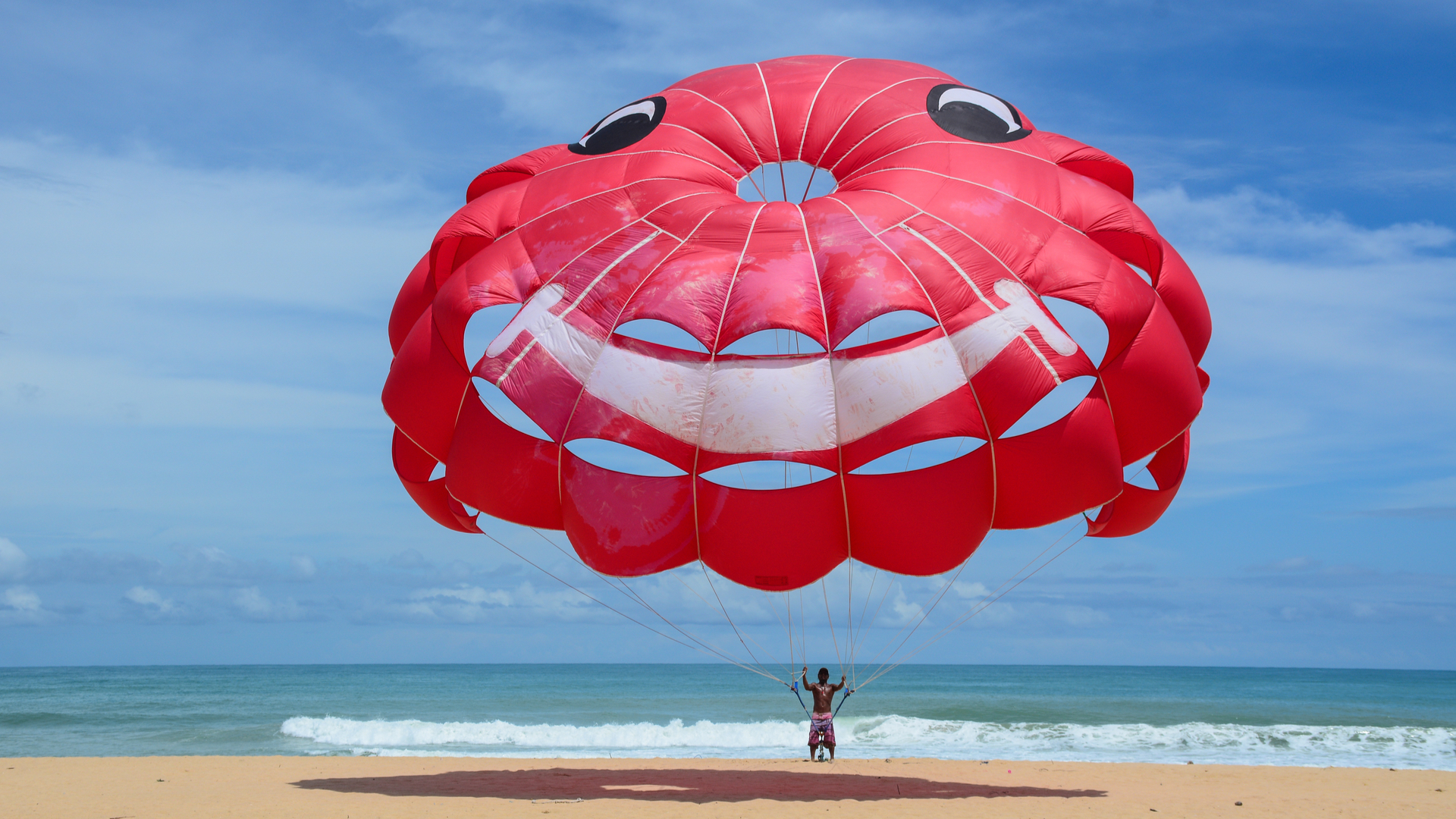What constitutes a ‘travel experience’ for today’s affluent Chinese traveler? A private art gallery tour? A personalized shopping trip? An afternoon spent paragliding? All of the above? Or is it something else altogether? The idea that Chinese millionaires are being increasingly drawn to ‘experiential travel’ is hardly new, and yet, understanding this vague travel category in terms of the specific desires of China’s more than one million high-net-worth individuals has never been more essential for hotels, DMOs, and cultural institutions.
As addressed in Agility Research’s 2019 Asian Millionaire Travel report, which surveyed more than 900 millionaires across the Asia Pacific region, only Indians outspend Chinese travelers when it came to travel experiences/activities (63 percent of travel spending). “Consumption priorities are shifting away from material items to experiences,” says Amrita Banta Managing Director at Agility Research & Strategy. “Demands have moved away from shopping and sight-seeing to unique experiences.”
The personalized travel experiences the Chinese most desire span from hotel services to cultural engagement to the dining table. Agility’s report states that 72 percent of Chinese believe daily experiences offered by hotels are important for a positive travel experience while 73 percent stated that quality excursions are important. “For the affluent consumer, luxury when traveling is having a relationship with people,” says Banta who explains that hotels should provide “guided tours, book hard-to-book restaurants, and help [coordinate] shopping activities.”
The Landmark London is one example of a hotel successfully providing experiential travel for its Chinese guests. For starters, the five-star venue, which is located right in the center of the British capital, employs Chinese staff in all guest-facing areas of the hotel. Furthermore, the hotel offers tours of local museums, visits to the Chelsea Flower Show, and lessons on afternoon tea etiquette. Now Landmark is benefiting from that attention to detail — revenue from Chinese visitors improved across all areas of the hotel.
As if the incentive to provide richer experiences to Chinese travelers wasn’t enough, China’s affluent class is projected to increase their frequency of travel in the coming years. At present, Chinese millionaires take an average of three leisure and two business-leisure trips per year. But with 66 percent of Chinese respondents citing a will to increase their number of trips in the coming year, and with 75 percent anticipating an increase in their spending, there will be opportunities abound for those destinations that are properly attuned to the desires of affluent Chinese travelers.
As such, the onus rests on hotels and cultural institutions to understand what unique experiences they should offer to Chinese travelers. “Chinese travelers are becoming more curious and inquisitive about foreign cultures,” says Banta, who believes this translates to a desire among affluent travelers to connect with local people. To her, this would mean offering “a personal guide in a museum instead of an audio guide, a concierge service at the hotel instead of TripAdvisor, [and] a chef offering recommendations at his restaurant.”
With the exception of language, the approach of hotels, cultural institutions, and DMOs to Chinese high-net-worth travelers should be no different to that of other nationalities. Simply put, such institutions should adopt a hands-on approach and connect travelers with the best experiences a local region has to offer.



